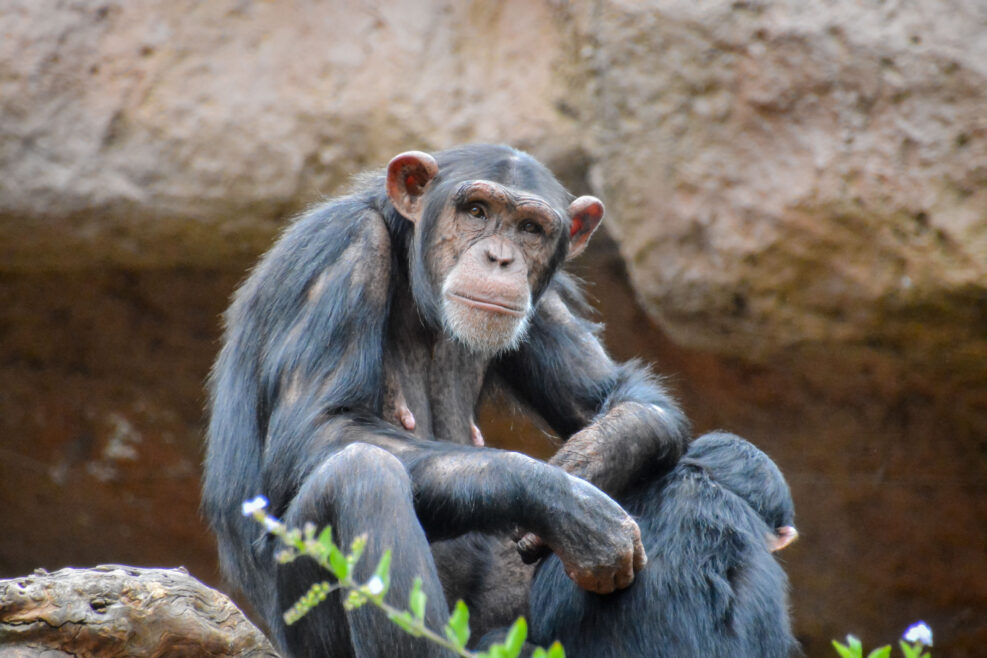
But, in the End, Did the Chimpanzee Really Talk?
A recent article in the Smithsonian Magazine sheds light on the motivations behind the need to see bonobos as something like an oppressed people, rather than apes in need of protectionRecently, Michael Egnor commented on radical primatologist Sue Savage-Rumbaugh’s effort to level the playing field between humans and bonobos by including the latter as authors of a research paper on animal welfare: “Non-human animals don’t have abstract knowledge-making and practices that would allow them to be meaningfully consulted. It is reality, not anthropocentric bias, that has left animals out of this decision-making process.” There is a larger and very interesting story around that paper, recently relayed at Smithsonian Magazine by Lindsay Stern (right), a PhD candidate in comparative literature at Yale and author of a novel, The Study of Animal Languages. Her article tells us a good deal about the motivations of those who, essentially, see bonobos not as apes Read More ›
